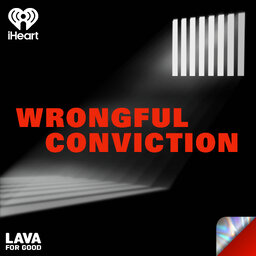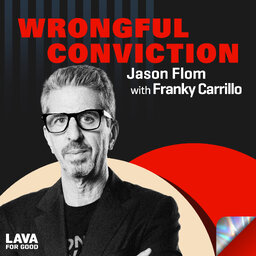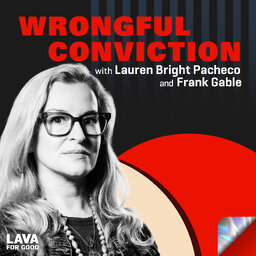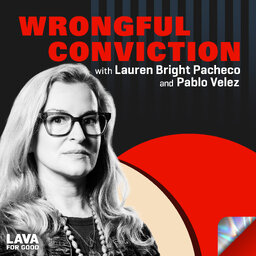#077 Jason Flom and Lara Bazelon with Tony Wright
In her new book Rectify: The Power of Restorative Justice After Wrongful Conviction, Lara Bazelon makes a powerful argument for adopting a model of restorative justice as part of the innocence movement so exonerees, crime victims, and their communities can come together to heal. Tony Wright is one of those exonerees. Tony endured two trials and 25 years in prison before a jury found him not guilty for the rape, sodomy, and murder of Louise Talley, a 77-year-old woman in Philadelphia. He was only 20 years old when he was arrested in 1993, signed a confession after being beaten and threatened by the interrogating detectives, and was sentenced to life in prison—he narrowly escaped the death penalty after the jury voted against it 7 to 5. Later DNA testing of the rape kit not only excluded Tony as a suspect, but also identified Ronnie Byrd as the real assailant. On August 23, 2016, Tony Wright was exonerated, and he became the 344th DNA exoneree in the nation.
https://www.wrongfulconvictionpodcast.com/with-jason-flom
Wrongful Conviction is a production of Lava for Good™ Podcasts in association with Signal Co. No1.
We have worked hard to ensure that all facts reported in this show are accurate. The views and opinions expressed by the individuals featured in this show are their own and do not necessarily reflect those of Lava for Good.
 Wrongful Conviction
Wrongful Conviction


